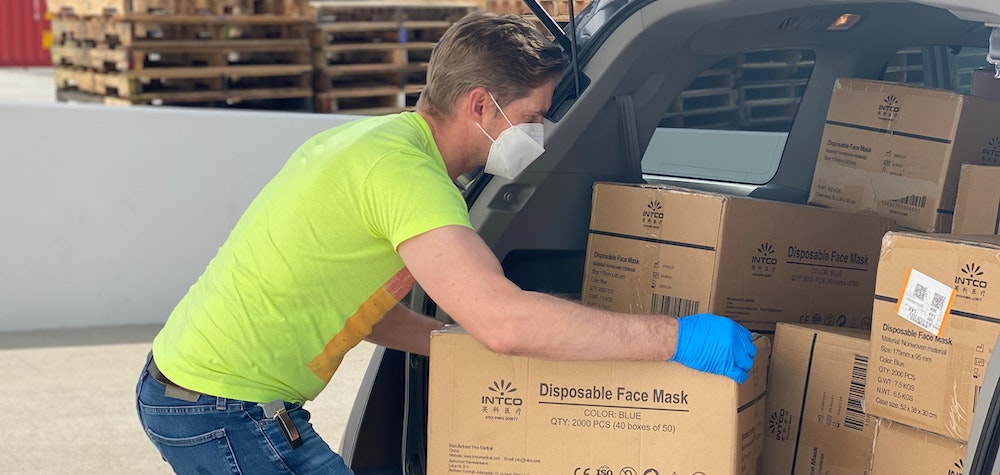What Is a Sample?
A sample is a product typically sent by the seller to a potential buyer for trial purposes, often free of charge. However, many countries only permit products that meet specific regulations to be classified as samples. Let’s review the information needed for a smooth shipping process and how to label samples.
What Products Can I Send as Samples?
Products a customer or potential buyer might want to examine before purchasing in commercial quantities include clothing, kitchenware, and food items. Additionally, any appropriately prepared retail product can be sent as a sample. It’s essential to remember that samples in fields such as pharmaceuticals, chemicals, or the bio-industry may be subject to different customs regulations.
Commercial Invoice Requirement
Even low-value samples require a commercial invoice. The invoice should include a realistic value, a detailed product description, and the reason for export (in this case, noted as “sample”). This ensures customs authorities understand that the products are not intended for commercial use.
Declaration of Sample Value
Yes, while samples are typically provided to buyers free of charge, sellers are required to declare a correct value. When determining this value, you might ask, “How much would it cost to replace this sample?”
Preparing Samples
For a product to be accepted as a commercial sample, it must be altered in a way that makes it unsuitable for resale. For example, on clothing, a clearly visible mark that makes it unusable should be shown on the outer surface. Samples should be sent in limited sizes and quantities.
Examples of Alterations:
- Bags: A visible hole can be made, or a label stating “sample, not for resale” should be attached.
- Clothing: A cut or tear visible when worn may be applied to the outer part. Additionally, printing “sample, not for resale” with indelible ink is appropriate.
- Shoes: A hole may be punched on the sole, or “sample, not for resale” may be marked on the outer surface.
- Books and Makeup: These products should have clearly visible labels indicating they are samples.
- Furniture and Household Items: The phrase “sample, not for resale” should be engraved or stamped on them.
- Food and Beverages: Edible samples should be offered in small packages with “sample, not for resale” clearly indicated.
Customs Duties and Fees
Generally, customs duties are not applied to samples, as these items are not for commercial sale. Ensure you comply with all requirements by marking your samples with tears, holes, or permanent labels. Be sure to verify sample-related rules and regulations with relevant authorities or the buyer.
Considerations During Shipment
Some countries may have restrictions on samples, and only products meeting specific conditions are allowed through customs. Ensure the commercial invoice is fully completed and all required documents are ready for the shipment. Shipping requirements and documents can vary by carrier. Contact your carrier to understand the applicable requirements and check the regulations of the destination country in advance. This information can be found on the relevant government website.

